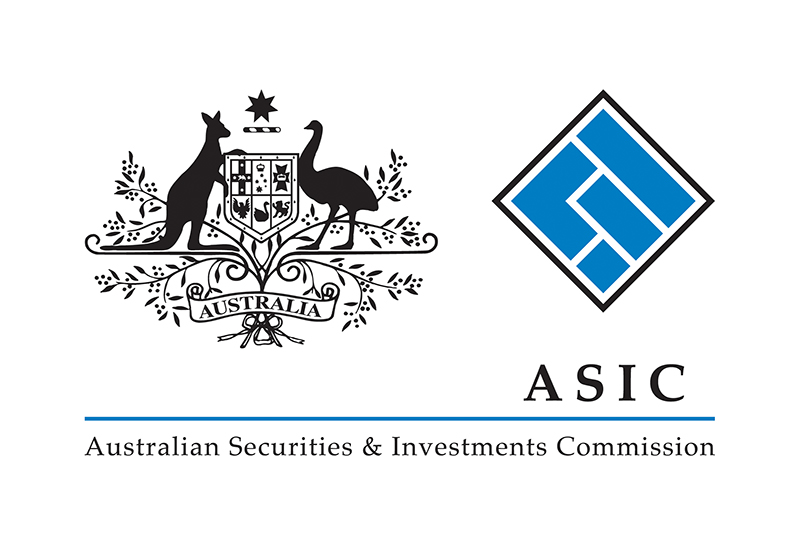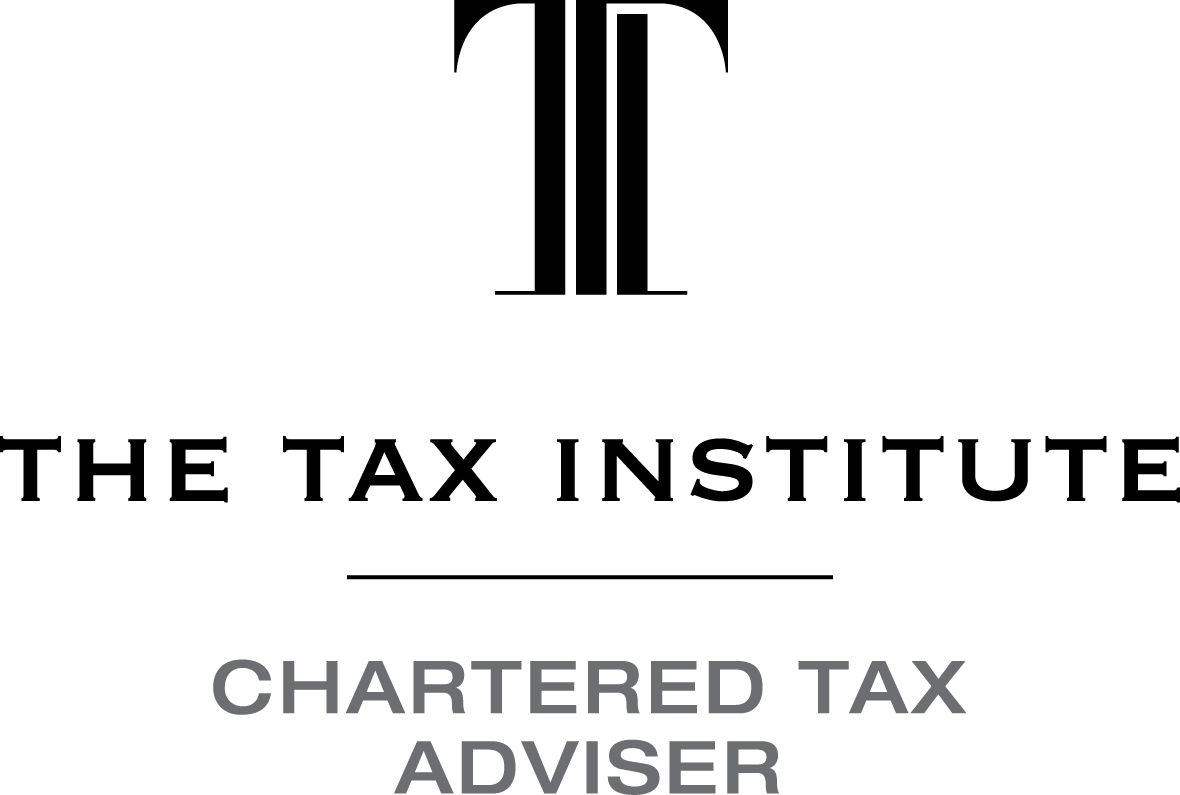How "Investing" has changed - have we outsourced our responsibilities as individuals who invest, too much?
It would have been 1992. I was 22, had just finished my studies and was working in a mid-tier city firm when they decided to start offering planning advice.
I remember a conversation at the time around the use of managed funds (much like what we are seeing now with index funds). One of the partners was saying that before managed funds, the focus of the investor was Investing - at its core. That is, understanding that "I am buying an equity stake in a company"; 'I own a share in BHP'.
He indicated that while the premise of the managed fund was that they were actively being managed, the investor would still be outsourcing the stock selection to someone else. Nevertheless, the Fund Manager was still looking for stocks in line with their mandate from the client investor i.e. value, growth or income manager. The partner reiterated that, as the investor, you were saying "I have someone who makes stock selections for me and invests my money in the best companies based on their research".
I wonder now what he would say with the rise in popularity of passive investing, i.e. index funds. I have a feeling he may have pondered the question: "Is this really investing?"
When purchasing in such a passive way I wonder if we have forgotten that we are actually taking an equity stake in a company?
Moreover, I become concerned when I see managed funds buying index funds. I wonder, have these guys lost the core investing mentality and now just see their role as ticker symbols, not researchers and analysers of companies?
Add to this the increased use of direct index investing (passive investing), which has nothing to do with the company's future earnings potential, but a mandated index weighting, then do companies that are in an index fund become overvalued?
Does this then leave more opportunity for truly value based, research orientated, company analysts to truly add returns at lower risks than the passive index funds?
Perhaps in a low interest rate, slow growth economy we need greater focus on more deeply understanding what we are investing in to protect and grow our overall wealth, and equally reward well performing businesses while allowing the market to eliminate, or at least limit the growth of, those underperforming businesses.















